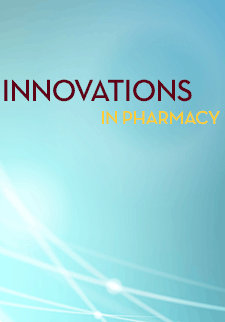How Pharmacy Students Feel about an HIV Pre-Exposure Prophylaxis Advertising Campaign
Kenric Ware
Mercer University, College of Pharmacy
DOI: https://doi.org/10.24926/iip.v14i4.5205
Keywords: pharmacy students, HIV PrEP, Sexually Transmitted Infections
Abstract
Description:
This activity prompted pharmacy students to analyze a Los Angeles Lesbian, Gay, Bisexual, and Transgender (LA LGBT) Center-generated “F**k w/out fear” HIV pre-exposure prophylaxis (PrEP) billboard campaign. Students shared their thoughts after viewing the billboard (initial reactions); if the billboard was offensive (Yes/No); if the billboard effectively raises awareness about sexually transmitted infection (STI) prevention (Yes/No); and if they believed pharmacy school is an appropriate place to discuss this topic (Yes/No). Students also provided open-ended responses directed to the campaign’s developer(s). Students received points toward their grades for participation.
Key Findings:
Sixty-one of 62 pharmacy students responded to the HIV PrEP billboard-related questions (98%). Approximately one-fourth of the students identified as male (27%), with less than half not earning a Bachelor’s degree (44%) nor having pharmacy experience (41%) prior to pharmacy school. Students’ mean and median ages were 28 and 25 years old, respectively. “Age” as an independent variable statistically significantly predicted whether students felt the billboard effectively raises awareness of STI prevention; the older the students, the greater the belief in its effectiveness. No variables statistically significantly predicted if students took offense to the billboard’s message.
Conclusions:
Pharmacy students held varying views toward the “F**k w/out fear” HIV PrEP billboard campaign and disparate beliefs in its ability to help curb STIs. Students gave feedback that explained their stances and unanimously agreed that this topic is appropriate for pharmacy school. Pharmacy programs can implement similar methods to gauge their students’ analyses of unorthodox approaches to public health dilemmas.



